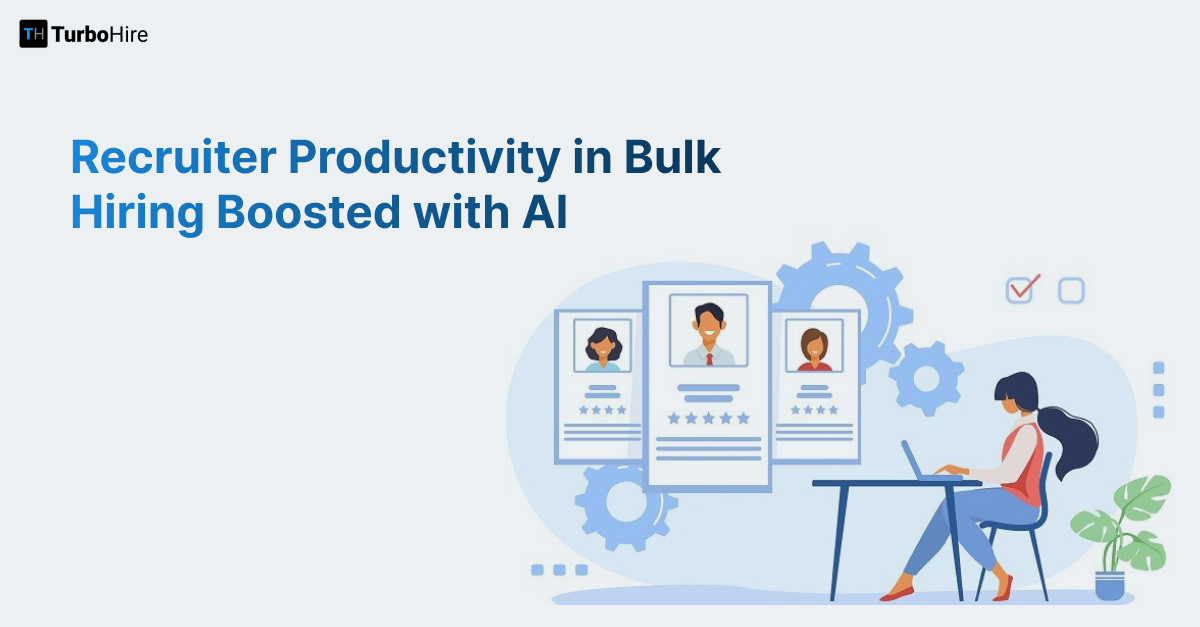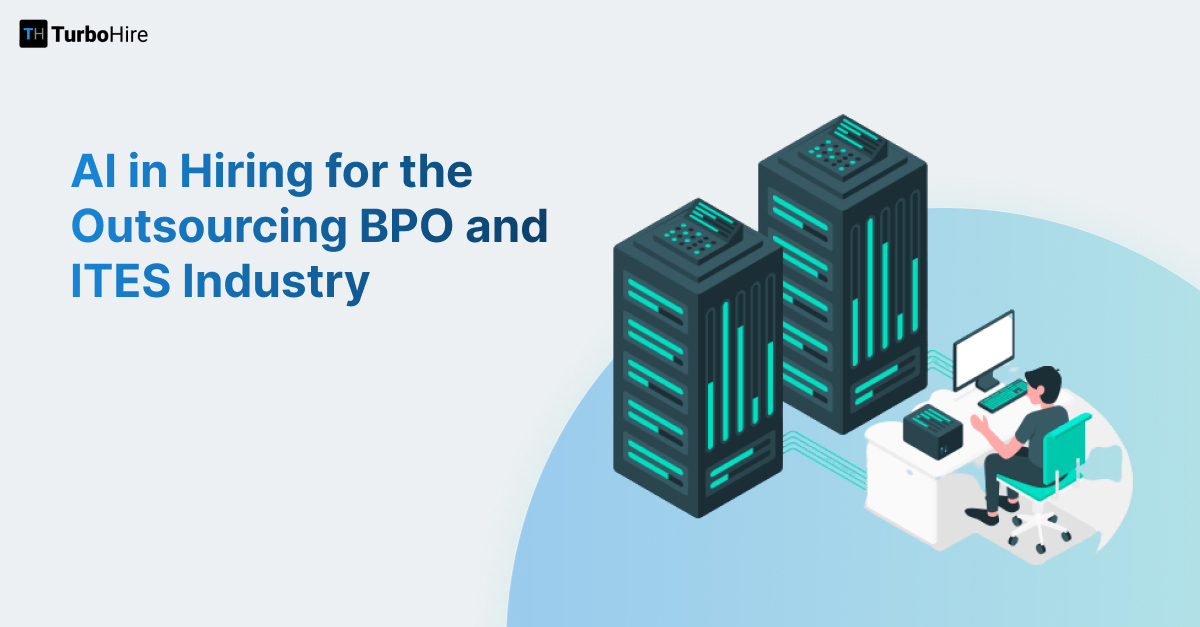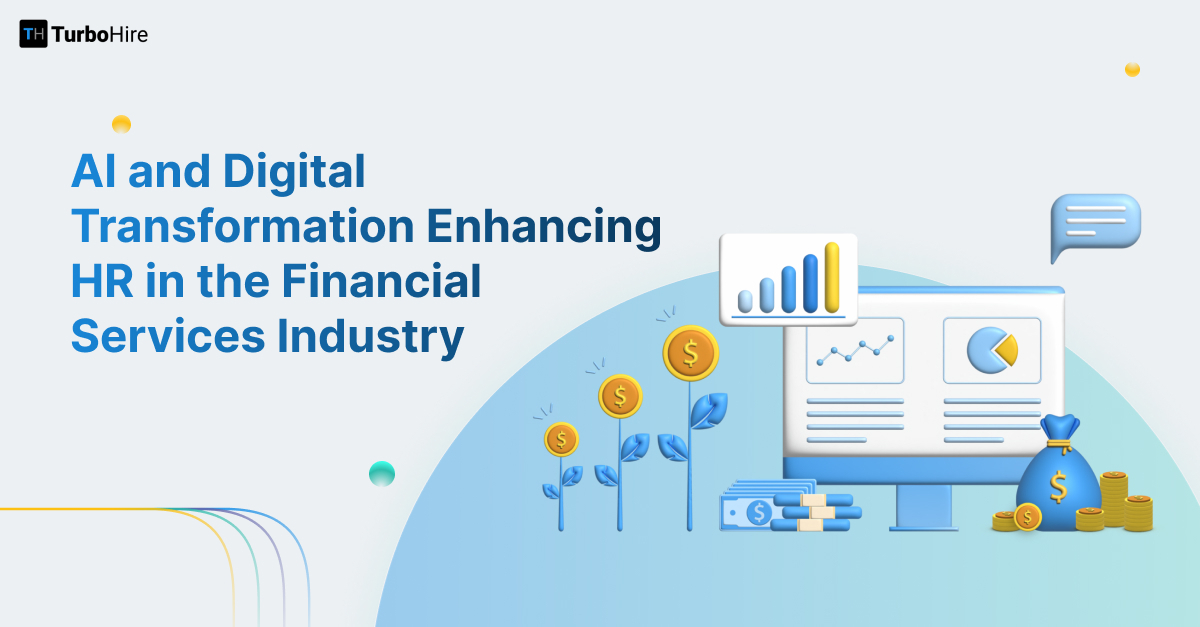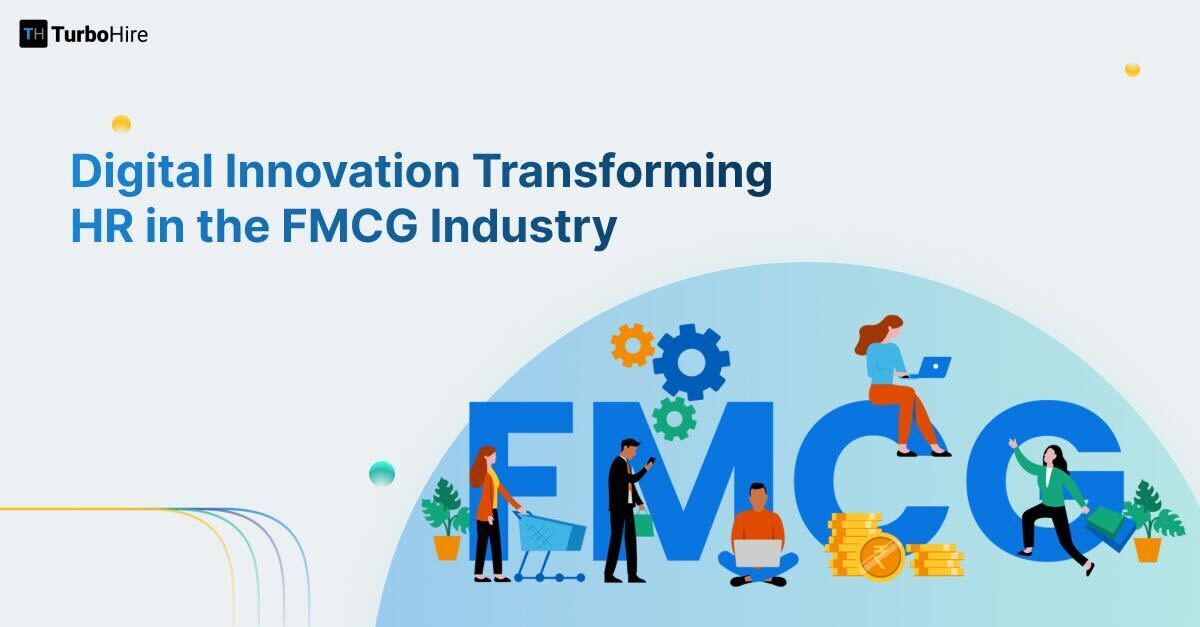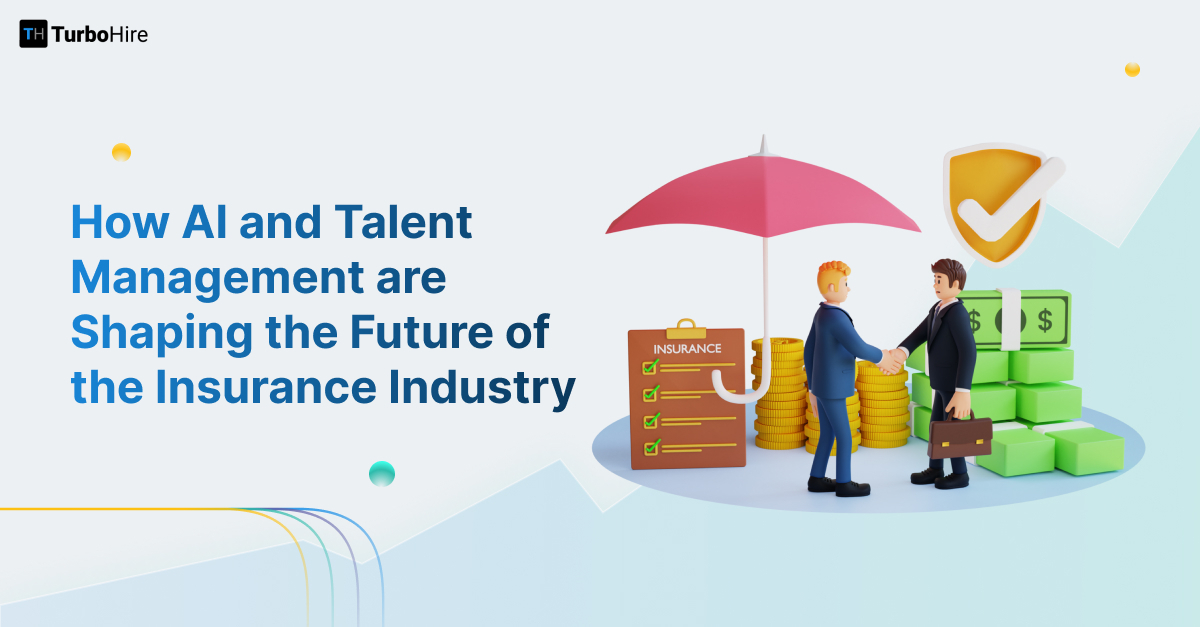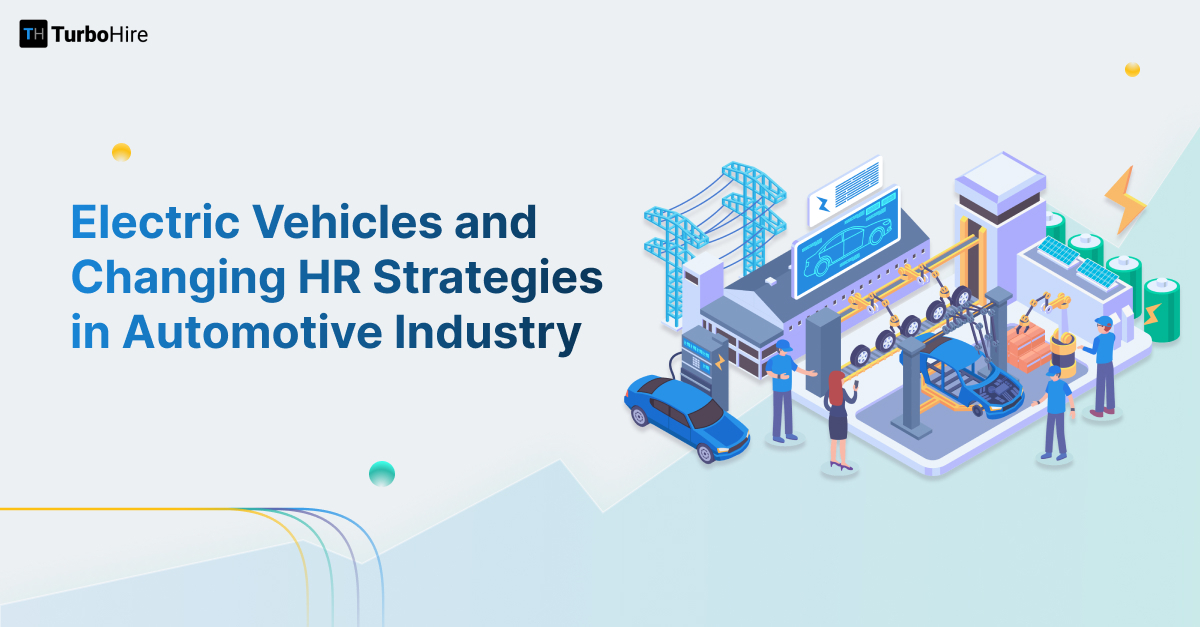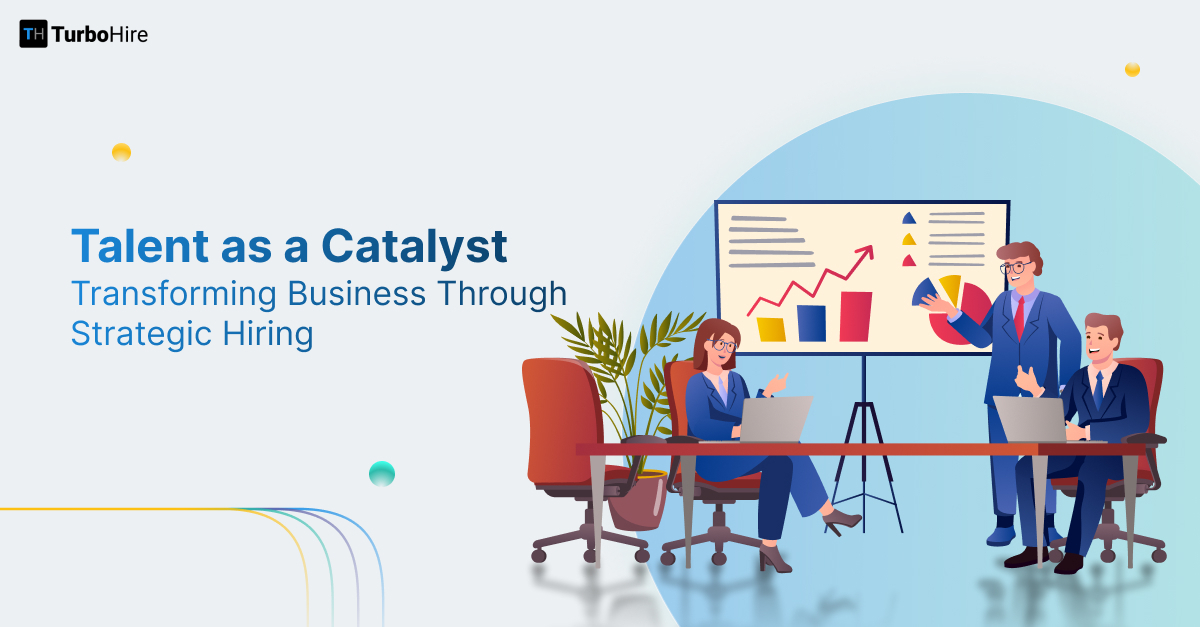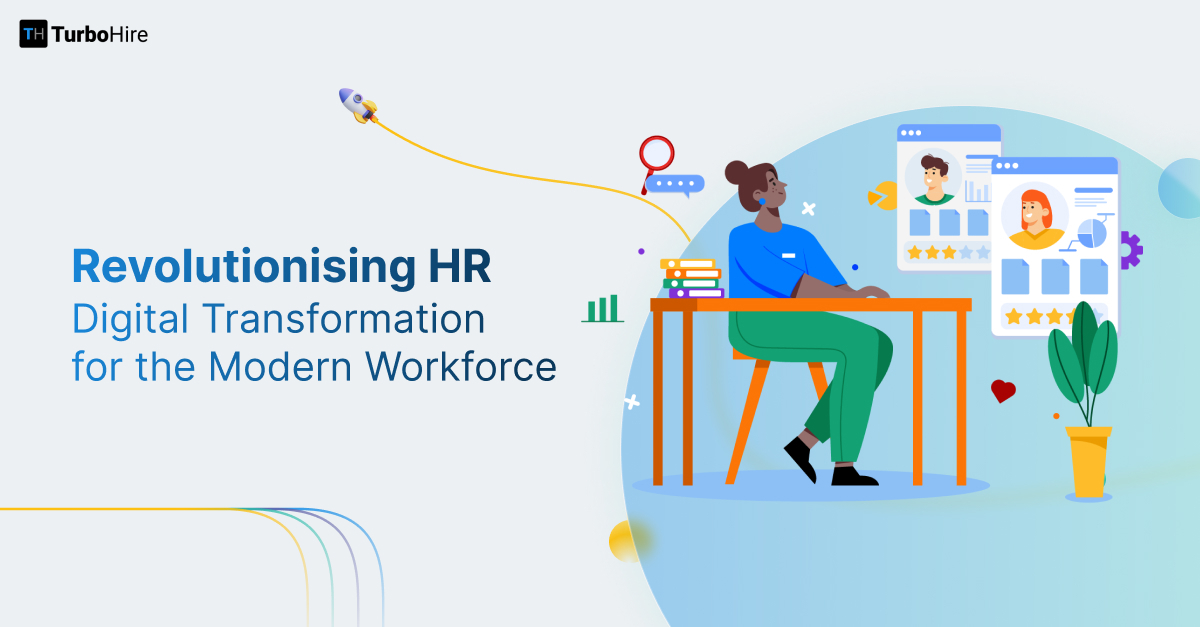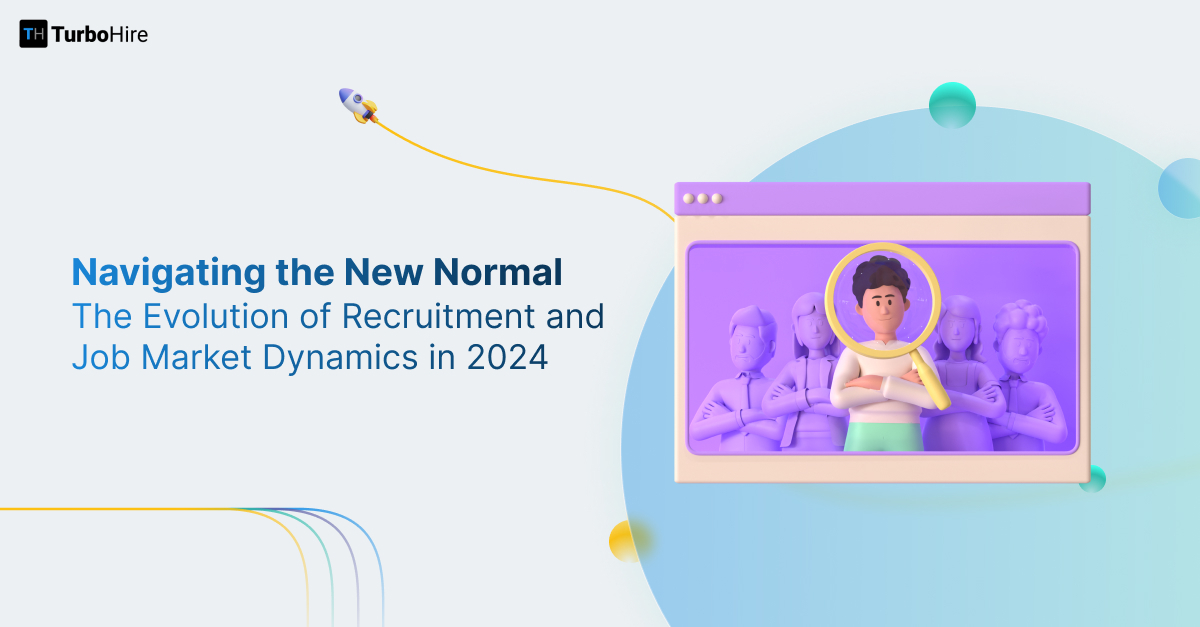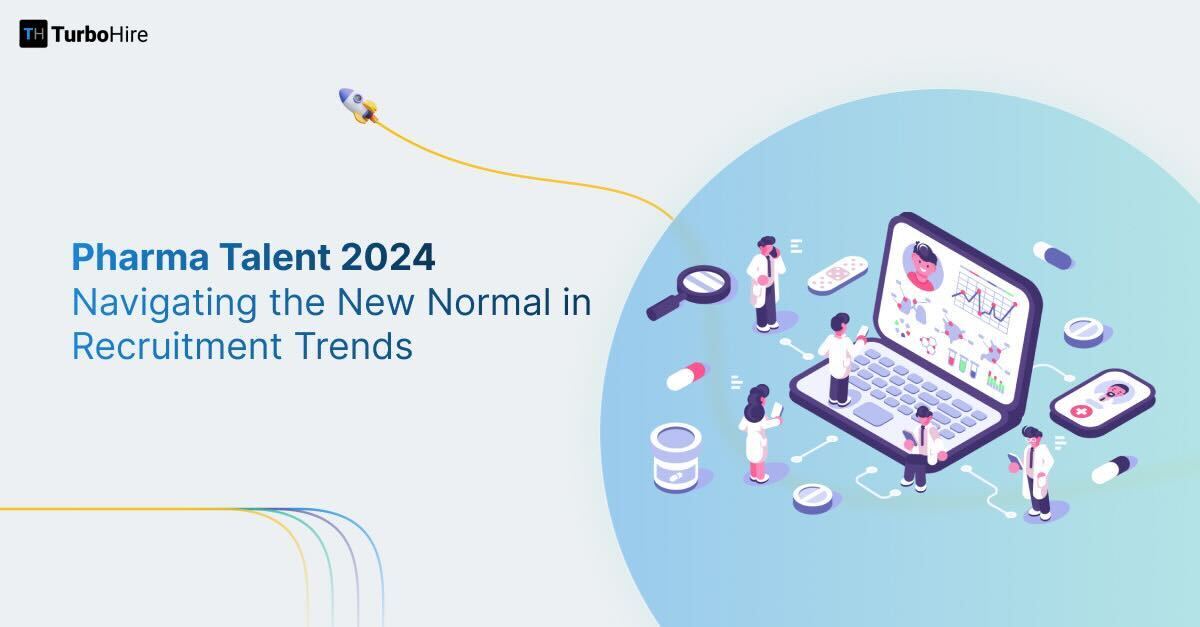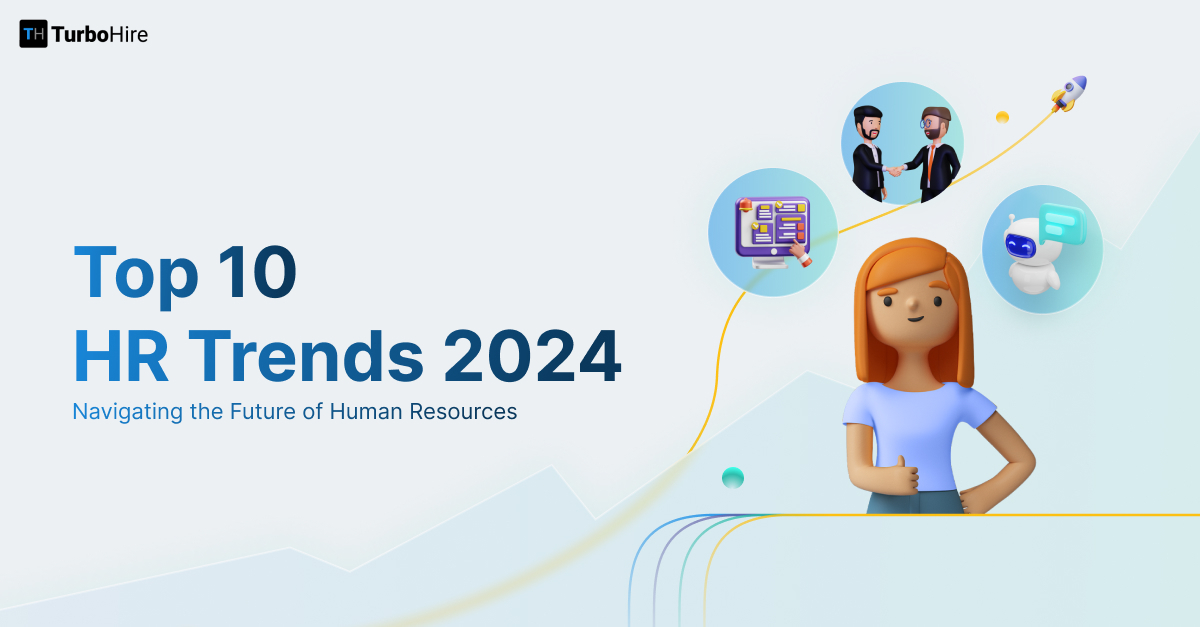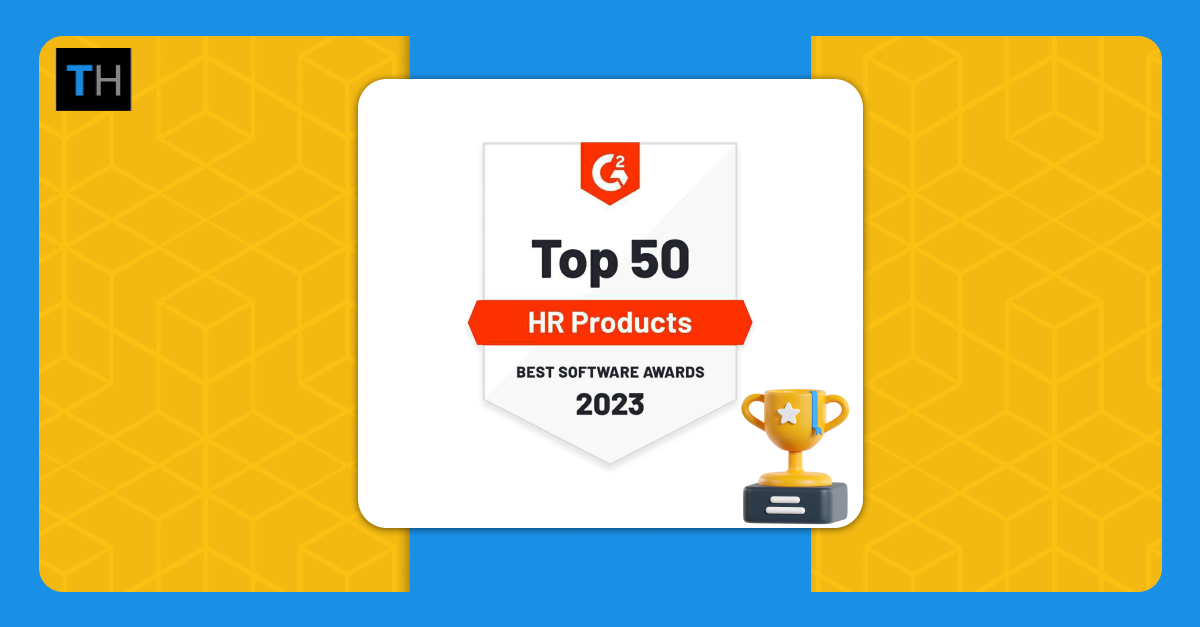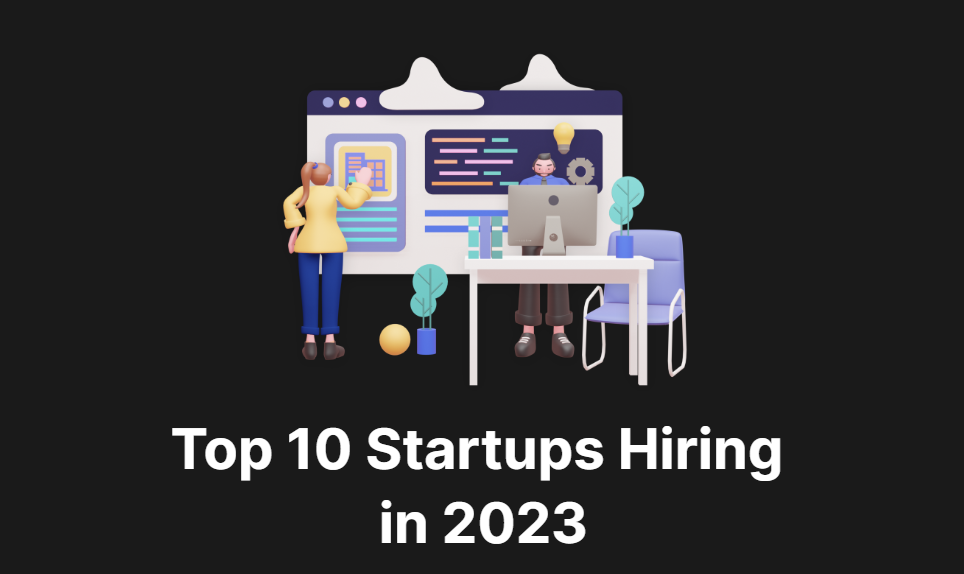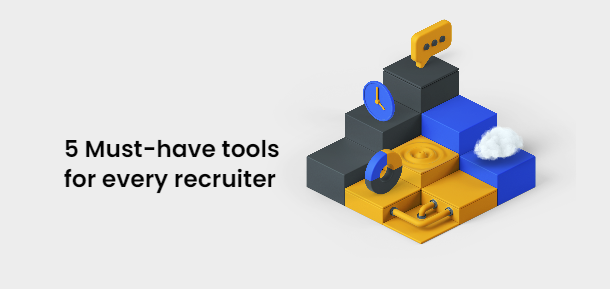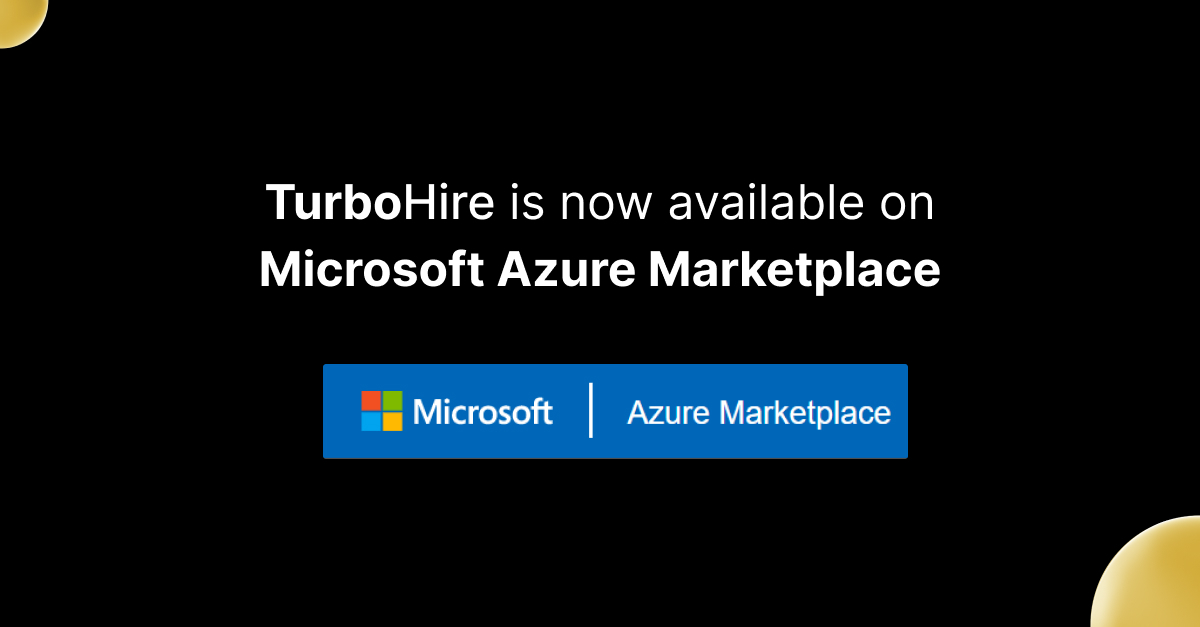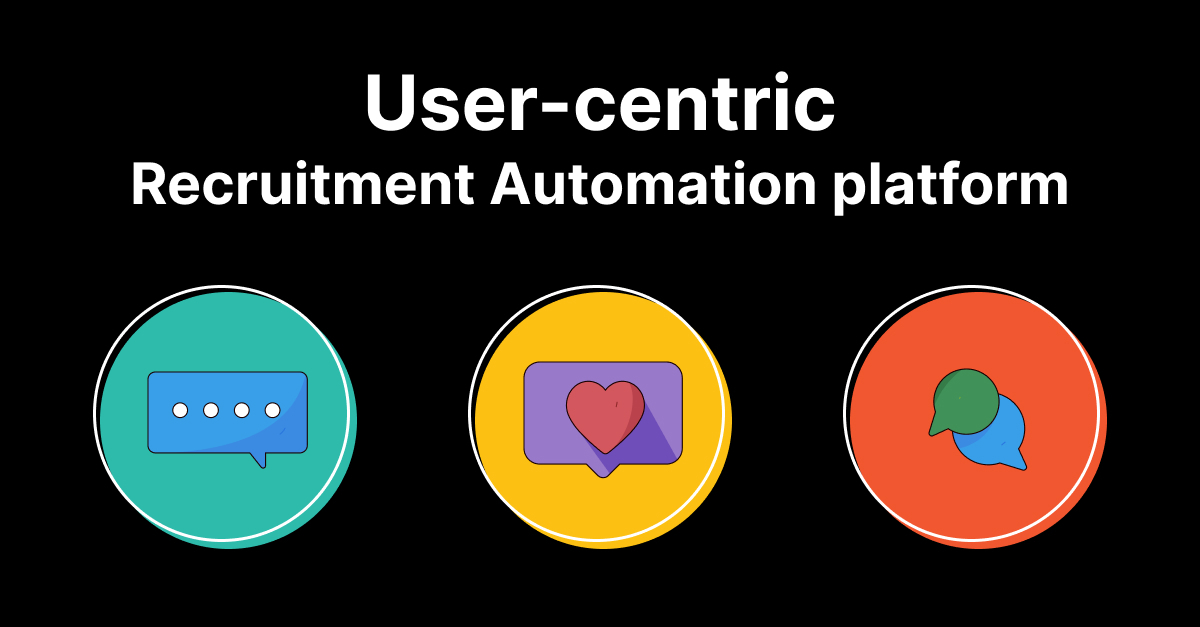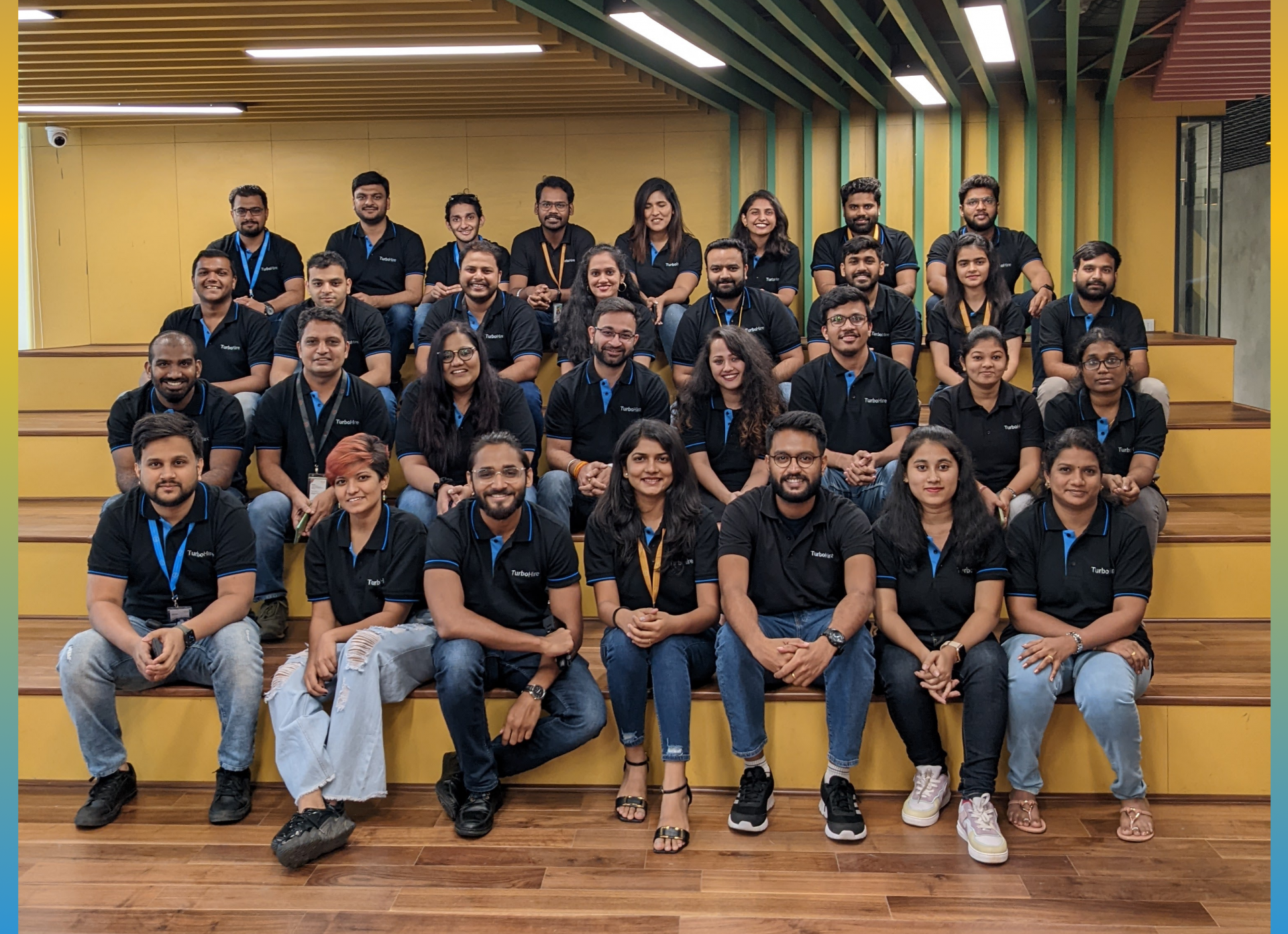Introduction
Over the past two decades, the Indian banking sector has experienced significant changes. Traditional banking is evolving into development banking, with commercial banks and other financial institutions striving to expand and transform their business models. This shift marks a departure from the narrow concept of conventional banking towards a more dynamic role in social and economic development.
Today’s banks are driven by the idea that they are active instruments of social and economic progress. With a focus on national and social objectives, these changes necessitate a reorientation for bankers to effectively assume the role of development bankers. There is a clear paradigm shift in the banking and financial sectors, requiring a workforce that can address the emerging needs of diverse societal segments.
The Rise of Electric Vehicles (EVs)
India’s approach to financial sector reforms is distinct from that of other economies, including emerging markets. The process has been gradual, cautious, and steady, avoiding the rapid changes seen elsewhere. From the beginning, India’s goal has been to meet international best practices while considering structural, institutional, and operational factors. Today’s bankers must act as change agents within their communities and organisations, leveraging their values and dignity to benefit the common people.
The banking industry is undergoing a profound digital transformation, largely driven by technological advancements. Among these, generative AI (or gen AI) is emerging as a game-changer, particularly in human resources (HR) and talent acquisition (TA). This blog explores how gen AI and evolving work environments are reshaping HR and TA strategies within the banking industry.
Technological advancements in banking HR, especially through the use of generative AI, are revolutionising how banks recruit and manage talent. This impact of AI on banking operations ensures that the workforce is equipped to handle the evolving needs of the industry. As a result, HR and talent acquisition in banking are becoming more efficient and aligned with the sector’s dynamic requirements
The Rise of Gen AI in Banking
Gen AI in banking refers to a subset of artificial intelligence that focuses on creating new content, data, or information by leveraging machine learning models. This technology is particularly relevant to the banking industry, where it can be utilised to enhance various processes, improve customer experiences, and drive innovation. In the banking sector, generative AI can automate tasks, generate predictive models, and assist in decision-making processes, thereby transforming traditional banking operations.
Gen AI is making significant strides in human resources within the banking industry. It is being integrated into various HR functions, such as recruitment, onboarding, and employee management. In AI recruitment, algorithms can be used to analyse resumes, screen candidates, and even conduct initial interviews, streamlining the hiring process. During AI onboarding, generative AI can provide personalised training programs and answer new employees’ questions through chatbots. For AI employee management, AI tools can monitor performance, predict career progression, and assist in workforce planning, ensuring that the right talent is in the right place at the right time.
Implementing generative AI technologies in human resources brings numerous benefits and challenges. On the benefits side, AI in HR benefits include significantly improved efficiencies by automating repetitive tasks, reducing time spent on administrative work, and enhancing decision-making with data-driven insights. It also allows for personalised employee experiences and more effective talent management. However, AI in HR challenges include the need for substantial investment in technology and training, concerns over data privacy and security, and the potential for biases in AI algorithms. Additionally, integrating AI into existing HR systems requires careful planning and change management to ensure a smooth transition and acceptance by the workforce.
A Whole New Way of Working
Changing Work Environments
The banking industry is embracing flexible, remote, and hybrid work models. This shift, fueled by digital communication advancements and a growing demand for work-life balance, requires HR practices to transform. The adoption of these models has been accelerated by the COVID-19 pandemic, pushing organisations to rethink traditional office settings and explore more adaptable work arrangements. New strategies are essential to support remote work while ensuring productivity and engagement. The successful implementation of these strategies can lead to higher employee satisfaction, reduced operational costs, and access to a broader talent pool.
Impact on HR Practices
HR strategies must adapt to these evolving work environments to remain effective. Recruitment now emphasises candidates’ ability to work remotely and manage digital tools. AI recruitment tools are particularly valuable in this regard, as they can assess candidates’ technical skills and adaptability more efficiently than traditional methods. These tools can analyse vast amounts of data to identify the best candidates, streamline the hiring process, and reduce bias.
Employee engagement strategies also need to evolve, incorporating virtual team-building activities and remote performance management to keep remote employees connected and motivated. AI in human resources can help design and implement these strategies by analysing employee data to identify engagement levels and predict potential issues. AI onboarding processes can ensure new hires are integrated smoothly, even when working remotely, by providing personalised training and support.
Technology’s Role
Various tools and platforms support these new work paradigms. Video conferencing software, project management tools, and cloud-based HR systems are vital for maintaining productivity and collaboration in a distributed workforce. These technologies enable seamless communication and efficient workflow management, regardless of physical location. For instance, AI in human resources can leverage cloud-based systems to track employee performance and engagement in real-time, facilitating timely interventions and support.
Additionally, AI employee management tools can help HR departments monitor employee well-being, productivity, and career development. These tools can provide insights into employee satisfaction and suggest personalised career paths, contributing to higher retention rates. AI in HR benefits further improves employee satisfaction and retention by providing personalised and efficient solutions, such as tailored benefits packages and automated administrative tasks, freeing up HR professionals to focus on more strategic initiatives.
Impact on Talent Acquisition and HR Strategy
Hiring Innovations in Banking
Artificial Intelligence (AI) is revolutionising talent acquisition by automating repetitive tasks and offering data-driven insights. AI-powered algorithms can analyse vast amounts of candidate data to identify the best fit for specific roles, significantly enhancing the efficiency and accuracy of hiring processes. This transformation is vital for banks aiming to streamline their talent sourcing and selection procedures.
Skill Development and Training for Bank Employees
Continuous learning and development are essential to keeping up with technological advancements. Banks are heavily investing in training programs designed to upskill their employees, ensuring they stay competitive in an AI-driven environment. These training initiatives focus on enhancing digital literacy, AI competencies, and cybersecurity skills, which are crucial for the modern banking sector.
HR leaders in the banking sector are leveraging AI to forecast staffing needs and predict employee turnover, facilitating more proactive and strategic workforce planning. By analysing historical data and current trends in HR, AI tools can accurately predict future HR requirements, aiding banks in effectively managing their talent pipelines. This predictive capability is instrumental in maintaining a robust workforce aligned with organizational goals.
TurboHire's Role in Enhancing Recruitment Experiences in Banking Industry
TurboHire leverages AI to streamline recruitment processes, offering banks advanced tools to enhance their talent acquisition strategies. By automating resume screening and candidate matching, TurboHire enables banks to identify top talent quickly and efficiently, ensuring a competitive edge in the market.
TurboHire’s comprehensive platform improves the recruitment process by providing a seamless candidate experience with real-time feedback, fostering engagement and positivity. For recruiters, AI-powered tools facilitate efficient screening and matching of candidates to suitable roles, significantly reducing time-to-hire and improving the quality of hires. Interviewers benefit from scheduling tools and structured guides that ensure consistent and effective evaluations. The platform also supports approvers with multi-channel, multi-device job requisitions and approvals, ensuring compliance with budgetary and organisational guidelines. Additionally, leadership gains access to real-time data through actionable alerts and dashboards, enabling informed decision-making that enhances overall business operations.
FutureTrends: AI in Banking Industry & HR’s Evolving Role
In the coming years, AI is expected to revolutionise various aspects of banking, from customer service to risk management. One of the most anticipated banking industry trends is the widespread adoption of AI-powered chatbots and virtual assistants. These tools will enhance the customer experience by providing instant, personalised support, handling routine inquiries, and even performing complex transactions without human intervention.
Another key area where AI will make a substantial impact is in risk management and fraud detection. Advanced machine learning algorithms will be able to analyse vast amounts of data in real-time, identifying suspicious activities and potential threats with unprecedented accuracy. This proactive approach to security will not only protect customers but also enhance overall trust in banking institutions.
AI will also play a pivotal role in personalised financial planning and wealth management. By analysing individual customer data, AI systems can offer tailored advice and investment strategies, helping customers achieve their financial goals more efficiently. Additionally, AI-driven predictive analytics will enable banks to better understand market trends and customer behaviours, allowing for more informed decision-making and strategic planning.
The work environment within the banking industry is also set to evolve significantly. Remote work in banking and flexible schedules, which became more common during the pandemic, are likely to become permanent fixtures. AI tools will facilitate seamless collaboration among remote teams, ensuring that productivity and efficiency remain high. Moreover, AI-driven automation will take over repetitive and mundane tasks, allowing employees to focus on more strategic and value-added activities.
HR’s Evolving Role: How HR Can Adapt to Technological and Operational Shifts in Banking
As AI and other technological advancements reshape the banking industry, the role of HR will also need to evolve. HR departments must become proactive in identifying and addressing the skills gaps that these changes will create. This involves investing in continuous learning and development programs to ensure that employees are equipped with the necessary skills to thrive in a tech-driven environment.
Moreover, HR will need to foster a culture of innovation in banking and adaptability. This can be achieved by encouraging employees to embrace new technologies and by creating a supportive environment where experimentation and continuous improvement are valued. HR professionals will also need to become adept at using AI tools themselves, leveraging data analytics to make informed decisions about talent acquisition, performance management, and employee engagement.
In addition to these strategic shifts, HR will play a crucial role in managing the human aspect of this technological transition in banking. This includes addressing concerns about job displacement due to automation and ensuring that employees feel valued and supported throughout the transition. By promoting transparency, open communication, and empathy, HR can help maintain high levels of morale and trust within the organisation.
HR will need to focus on creating a diverse and inclusive workforce that can drive innovation and creativity. This involves implementing fair hiring practices, providing equal opportunities for career advancement, and fostering an inclusive work environment where all employees feel respected and empowered. The future of the banking industry will be shaped by rapid advancements in AI and other technologies. As these changes unfold, HR departments must adapt by fostering a culture of continuous learning, leveraging AI tools, and prioritising the human aspects of technological transitions. By doing so, HR can help ensure that the banking industry not only adapts to these changes but thrives in the new era of digital transformation in banking.
Conclusion
In conclusion, the banking industry is on the cusp of a major transformation driven by AI. AI-powered chatbots and virtual assistants are set to revolutionise customer service by providing personalised support and handling transactions efficiently. The integration of AI in fraud detection and risk management will enhance security and build trust in banking institutions.
AI’s role in personalised financial planning and wealth management will offer tailored advice and predictive analytics, leading to better decision-making. The shift towards remote work in banking and flexible schedules, facilitated by AI-driven tools, will promote collaboration and productivity.
The evolving role of HR in the banking industry is critical. HR must address skills gaps through continuous learning and development, foster a culture of innovation in banking, and utilise AI tools for talent acquisition and management. Emphasising diversity and inclusion will be vital for navigating the technological transition in banking.
Adaptability and forward-thinking are essential for HR and talent acquisition in the banking industry. As AI and technology reshape the sector, HR professionals must embrace continuous learning and innovation. Addressing skills gaps, leveraging AI, and prioritising the human aspects of technological transitions will ensure the banking industry thrives in the era of digital transformation. The banking industry’s future success depends on embracing AI and technological advancements while adopting a forward-thinking approach to HR and TA practices. This strategy will help the industry navigate digital age challenges and opportunities, driving sustainable growth and enhancing customer experiences.
